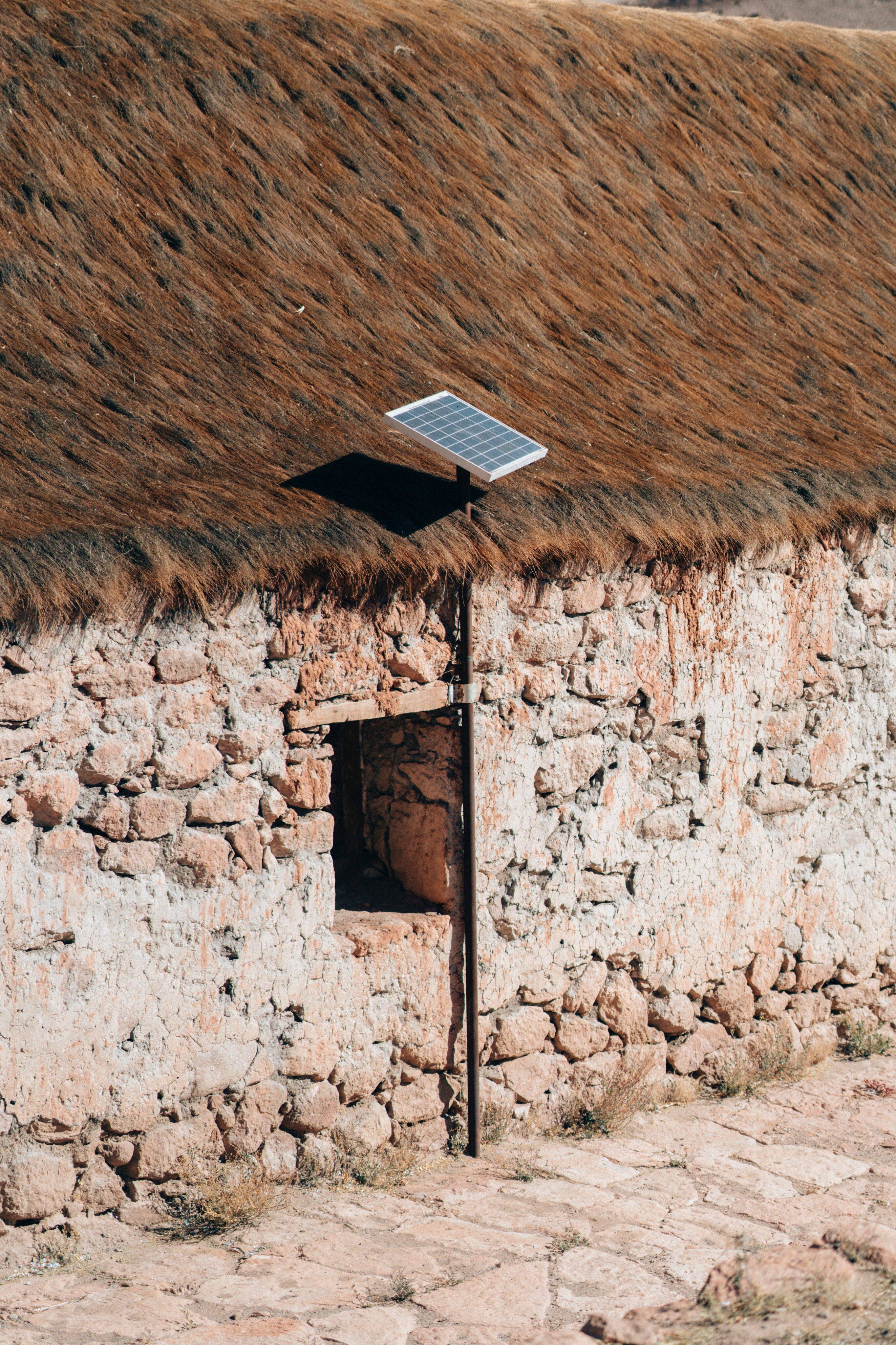In search of the village
In April 2021, in collaboration with the Mwogo Sector, Bugesera District Agronomists and Cell Leader, we visited a number of villages that were experiencing difficulties with Energy, water, and food. Gitaraga was selected as the pilot village because we wanted to have greater impact and mainly due to its proximity to agricultural fields and highly fragmented lands. We would like to express our appreciation to Pacifique, Sector Agronomist, and Emmanuela, Rurenge’s Cell Leader, as well as to the government officials and field contacts.
Project’s location
The Gitaraga village in Bugesera district is located in the low altitude zone of Rwanda, at 2°04′34.3′′S 30°07′12.6′′E and an altitude of approximately 1.400 m. The climate of the area is essentially equatorial but is categorized as semi-arid according to total annual precipitation. This zone extends south of Kigali and is characterized by numerous lakes and large areas covered by marshes. The slopes are usually mild, and the danger of flooding is not acute. Outlying the town center are mostly extremely modest dwellings made of dried clay bricks and extending over many square kilometers.
The Village Centre
The Village has a small shopping center with a few shops. A primary school is also located near the village center. They also hold a weekly market where locals sell their wares. The municipal administration, the “Rurenge Cell Office,” is the nearest, and a small health post is also found in closer proximity.
The challenge
Energy, food, water, health, education and income generation are often treated separately in the many good development cooperation projects, although numerous interrelationships exist.
Many solutions
The WEF nexus framing is based on holistic systems perspectives that value coordinated approaches. We attempt to integrate all of these components into a single project. What we do here is that by providing power, we enable villagers to improve their agricultural practices, allowing them to cultivate throughout the year and gain market access, thereby enabling economic development by generating employment and revenue.

















